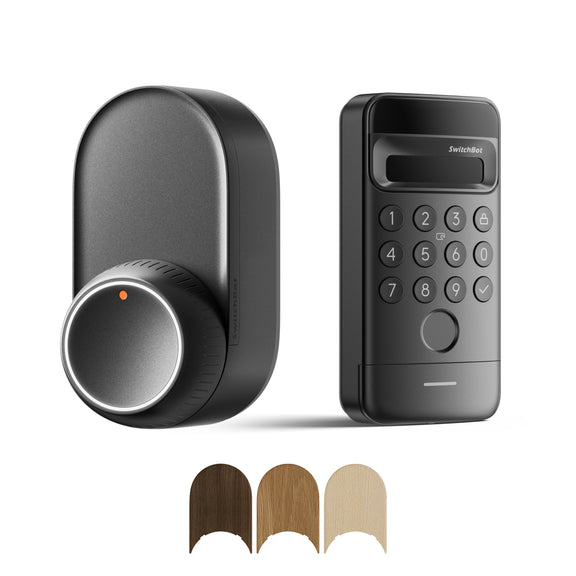Unlocking the Mystery: Discover the Secrets of Mortise Lock Cylinders and Their Functionality!
When it comes to securing our homes and businesses, the choice of locking mechanism plays a crucial role in ensuring safety and peace of mind. Among the various types of locks available, the mortise lock cylinder stands out as a robust and reliable option. A mortise lock cylinder is essentially a component of a mortise lock, which is installed into a pocket or mortise cut into the door itself. This design not only provides enhanced security but also allows for a seamless integration with the door, making it a favored choice for both residential and commercial applications. In this article, we will delve into the features, functionality, benefits, and common applications of mortise lock cylinders, helping you understand why they are a preferred locking mechanism for many.

Understanding Mortise Lock Cylinders
A mortise lock cylinder is a cylindrical mechanism that fits into a mortise cut into the edge of a door. Unlike traditional cylindrical locks, which are surface-mounted, mortise locks require a deeper pocket to accommodate their design. This allows for a more secure fit and the ability to house various locking mechanisms, including deadbolts and latch bolts. Mortise lock cylinders typically consist of a plug, which is the part that holds the keyway, and a cylinder body, which houses the internal components that engage the locking mechanism. The complexity and design of mortise locks make them more challenging to pick than standard locks, providing an added layer of security. Their robust design also allows them to withstand wear and tear, making them a long-lasting option for securing doors.
Features of Mortise Lock Cylinders
One of the standout features of mortise lock cylinders is their durability. Constructed from high-quality materials, such as brass or stainless steel, they are designed to resist corrosion and wear. This durability translates to a longer lifespan compared to other lock types. Additionally, mortise lock cylinders offer varying levels of security, with options to include anti-drill plates and pick-resistant designs to deter unauthorized access. Compatibility is another key feature; mortise lock cylinders can work with a wide range of locking mechanisms, allowing for customization based on specific security needs. Many mortise locks also accept various key styles, including traditional keys and modern smart keys, providing versatility in access control. This adaptability makes them suitable for various applications, from residential homes to commercial properties.
How Mortise Lock Cylinders Function
The functioning of a mortise lock cylinder is a fascinating process that combines mechanical engineering with security features. When a key is inserted into the cylinder, it interacts with a series of pins inside the plug. Each pin must align at the shear line for the cylinder to turn, allowing the bolt to retract and unlock the door. This pin-and-tumbler mechanism is what makes mortise locks resistant to picking; the complexity of the pin arrangement requires a specific key shape to align them correctly. Once turned, the plug rotates, engaging the locking mechanism, which could include a deadbolt or latch bolt, depending on the specific design. The locking and unlocking process is smooth and efficient, ensuring that users can easily secure their doors while providing a strong defense against forced entry.
Benefits of Using Mortise Lock Cylinders
The advantages of mortise lock cylinders are numerous, making them an attractive choice for many property owners. One of the primary benefits is enhanced security; with their robust build and complex locking mechanisms, they provide a higher level of protection against break-ins compared to standard locks. Additionally, mortise locks offer aesthetic appeal, as they can be seamlessly integrated into the door design, providing a polished and professional look. Customization options are also a significant benefit; users can choose features such as different finishes, keying options, and locking mechanisms to suit their specific needs and preferences. Finally, the durability of mortise lock cylinders means fewer replacements and repairs over time, saving money and providing peace of mind.
Common Applications and Use Cases
Mortise lock cylinders are widely used in various settings, making them a staple in both residential and commercial security. In residential applications, they are commonly found on exterior doors, where security is a primary concern. Their robust design makes them suitable for high-traffic areas, such as main entrances and back doors. In commercial buildings, mortise lock cylinders are often used in office doors, storage areas, and other locations that require reliable security. They are also prevalent in historical properties, where maintaining the architectural integrity and security of the building is essential. The adaptability and variety of mortise lock cylinders allow them to meet the diverse needs of different environments, ensuring safety and functionality across the board.
Final Thoughts on Mortise Lock Cylinders
Understanding mortise lock cylinders is crucial for anyone looking to enhance the security of their property. With their unique design, robust features, and reliable functionality, they offer numerous benefits that make them a preferred choice for many. Whether it’s for a residential home, a commercial establishment, or a historical property, mortise lock cylinders provide an effective solution to meet security needs. By opting for this locking mechanism, users can ensure that they are investing in a product that combines durability, aesthetics, and advanced security features. As you consider your locking options, remember that a mortise lock cylinder might just be the key to securing your peace of mind.








